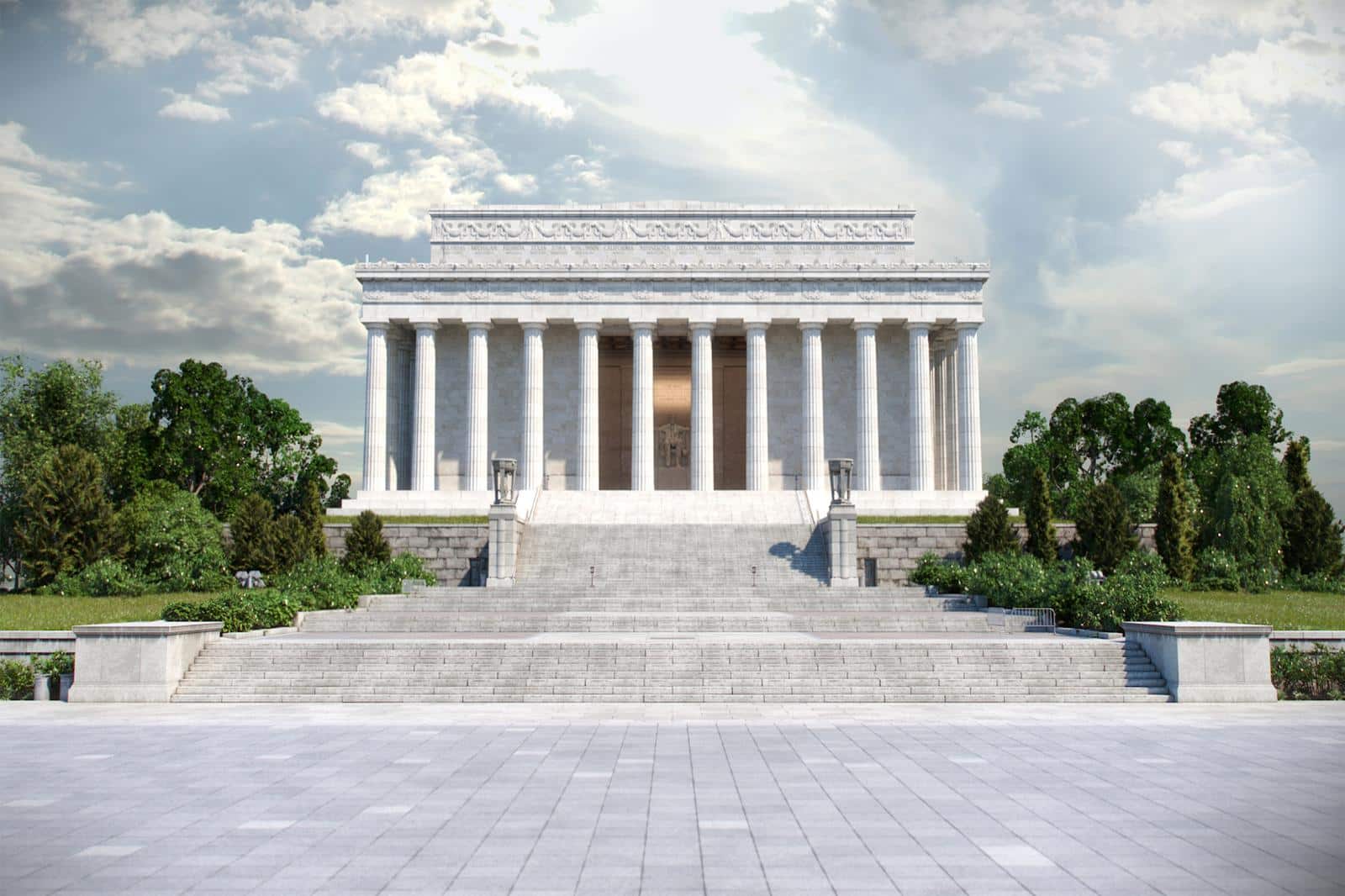City of Boerne v. Flores (1997)
This significant federalism case (1997) had its origins in a long-standing dispute within the Supreme Court, and then between the Supreme Court and Congress, over the proper meaning…
This encyclopedia provides a comprehensive reference explaining the major concepts, institutions, court cases, epochs, personalities, and policies that have shaped, or been shaped by, American federalism. It describes federalism’s creation and evolution, and its influence on local, state, and national governmental institutions, procedures, and policies. The models used to explain the various historical eras in the development of federalism are also included. Originally published by Greenwood Press in 2005, this encyclopedia contained over 400 entries relating to American federalism. In its current online form, entries are being added and old ones updated. See more…

This significant federalism case (1997) had its origins in a long-standing dispute within the Supreme Court, and then between the Supreme Court and Congress, over the proper meaning…
In United States v. Morrison (2002), the U.S. Supreme Court invalidated the federal Violence against Women Act, which provided a federal civil remedy for…
In United States v. Lopez (1995), the U.S. Supreme Court held that the federal “Gun-Free School Zones Act” was unconstitutional. The Court ruled that…
In the United States, citizenship is based upon Enlightenment principles and was developed in the course of the American Revolution (1775–83) and the framing…
is legislation by Congress in 1965 opened voting participation primarily in the American South after a century of legal and social restrictions. The federal…
In federal systems such as the United States, the term “dual citizenship” can have several meanings. One is a citizen of one’s nation and…
The Declaration of Independence is an act adopted by the Second Continental Congress in Philadelphia on July 4, 1776, proclaiming American independence from Great…
Chisholm v. Georgia (1793) is the first case involving a constitutional issue ever decided by the U.S. Supreme Court. Chisholm, a citizen of South Carolina, brought…
In Chiafalo v. Washington, 591 U.S. ___ (2020), the U.S. Supreme Court ruled unanimously that the U.S. Constitution permits a state to enforce a…
The original U.S. Constitution contained few restrictions on how the states could treat their own citizens. One exception is the Contract Clause—Article I, Section…
In 1962, the States of New Jersey and New York entered into an agreement that dedicated the tolls collected by the Port Authority to…
In Home Building and Loan Association v. Blaisdell (1934), the U.S. Supreme Court upheld the Minnesota Mortgage Moratorium Act of 1933 over a charge that it was a…
313 to 325
|
481 Results
The Center for the Study of Federalism (CSF) is a nonpartisan, interdisciplinary research and education institution dedicated to supporting and advancing scholarship and public understanding of federal theories, principles, institutions, and processes as practical means of organizing power in free societies.
All of the CSF Fellows hold advanced degrees, are affiliated with academic institutions, and are scholarly experts in their fields. For more on each Fellow see CSF Fellows.
Most political and public issues in the United States are influenced to some extent by its federal system. Yet many do not understand that system. The CSF website seeks to foster a better understanding among the general public and scholars of federal governing systems generally and, specifically, of the federal system of government in the United States of America.
The CSF materials are free to use for educational purposes. If published, please acknowledge CSF as the source. If you intend to use these materials for profit, please, contact the Center for the Study of Federalism for permission. Some materials on the website are not owned by CSF and permission to use those materials should be sought with those holding legal title to the material.
Click here to sign-up to receive notifications about CSF materials and events. We will not share your email with any outside organizations or individuals.
Please direct all questions and comments related to this website, and inquiries about the research and teaching grants and awards, to us here. Remember CSF is a nonpartisan, interdisciplinary research and education institution.